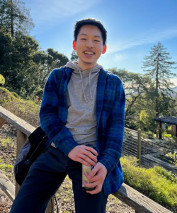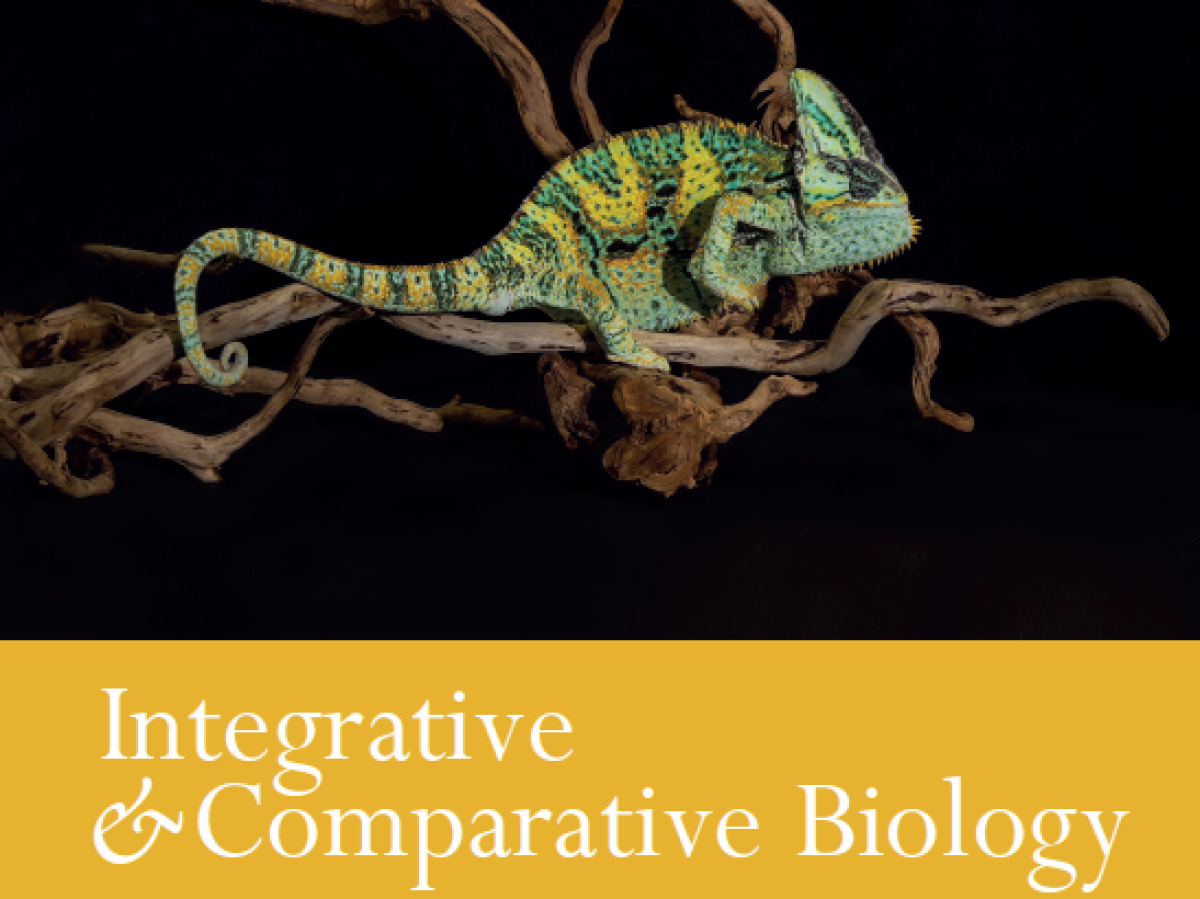By Anthony Wang , Mangum blogger, a student in Dr. Chris Amemiya’s lab at the University of California Merced

It has been more than four years since the global COVID-19 pandemic started in early 2020. Thanks to the highly effective vaccines that were designed and manufactured at an unprecedented rate, those unpredictable and nerve-racking days may now feel like a lifetime ago. But this awe-inspiring progress would not have happened without Dr. Katalin Karikó’s lifetime work. Written in an uplifting tone, Dr. Karikó’s recent memoir, Breaking Through: My Life in Science, affords you a glimpse into her days as a nature-loving, hard-working child living in a small Hungarian town, her bittersweet scientific journey woven with successes and struggles, her experiences as a working mother in science, and so many other heartening stories.
Imagine this. You are from a war-torn country controlled by a totalitarian communist regime where socio political instability and shortages of goods and services are not uncommon. You live in an adobe house without running water (let alone ordinary modern electronics) in an agricultural town of ten thousand people. Your parents never had the opportunity to attend college or study science. In fact, your father didn’t complete middle school, and has been labeled a political pariah by the oppressive government (and therefore barred from employment) because he was trying to help build a safe community to counter violent man-made disasters that could suddenly explode during uncertain times. As a child, you do various kinds of chores and work to help your family improve financial stability. You struggle with different health conditions, some of which continue to get more complex as you get older. Frequent hospital visits and surgeries have gradually become a more usual part of your life. Despite all the hardships, your profound love for learning and discovery never dwindles, you work exceptionally hard, excel in academics, and aspire to go to college to study biology. However, some unpleasant teacher is trying relentlessly to block you from admission to one of the best universities in the country simply because he does not like you. You finally stand up against this obnoxious bully, not knowing if he will succeed. Fortunately, he failed, and a new exciting chapter of your life commences.

These experiences were indeed part of Katalin Karikó’s early life in Kisújszállás, Hungary, during the 1950s to the 1970s. They might seem overwhelming and unendurable to those from highly developed countries like the U.S. However, Karikó has fond memories of these times in Hungary, where she always reveled in exploring and learning from her surroundings. This could be anything from the viscera of pigs butchered by her father to the various species of flowers harvested from her grandmother’s garden and the small local pond where physiologically fascinating plants such as water lilies thrived. To her, “biology is everywhere”. Lessons on how to pursue academic and scientific goals abounded too and would continuously provide her with tenacity and guidance throughout her student years and scientific career. Noteworthily, one of them was from the crime TV series Columbo, whose eponymous character solves complicated crimes by doing one thing after another – “Just one more thing” Columbo would often say, a line that would be forever engraved in Karikó’s mind. Many years later, as Dr. Karikó was writing the memoir, she was flooded with gratitude, to the nature around her that brightened her days and nurtured her curiosity, to her incredibly caring, supportive parents who always provided and cheered her on, to her encouraging teachers who helped cultivate her academic skills, and to so many other people she met later in life. If you would like to get a snippet of what the memoir has to offer, here is a quick review.
Karikó majored in biology at the University of Szeged. As usual, she worked diligently, delving deep into the materials and spending countless hours studying even when some of her peers were enjoying life outside of school or were on an excursion to neighboring countries. Although some classes were completely new to her (e.g., English and chemistry lab) at the beginning, her willingness to think and tackle problems meant that she still excelled. Interestingly, it was during these times that Columbo’s charismatic “Just one more thing” was especially enlightening – Just one more test, one more question, one more task, etc. By the end of her undergraduate program, Karikó had worked on two research projects in Szarvas and another at the Biological Research Center (BRC) in Szeged on a fellowship. She stayed at the BRC to pursue her Ph.D. working on the development of a novel RNA-based antiviral medicine. Remarkably, she was the one who set up part of their laboratory indispensable for certain kinds of experiments. This is because the industry that caters to biological researchers was still in its early stages, and you just couldn’t order everything online or call a company to plan or build a laboratory for you. Karikó had to build it from scratch – a tissue culture room, sterile filtration systems, culture media, etc. That level of perseverance, attention to detail, and willingness to learn and try everything was, in my humble opinion, unparalleled. After receiving her Ph.D., she continued working there until her funding was terminated. She didn’t complain, but instead made a hardheaded choice right away. “I think we have to go to America.” She said to her husband Béla.
This leads us to the famous teddy bear. Back then in Hungary, people were not allowed to take more than $50 out of the country. As a result, Karikó unstitched the back of the toy, which her daughter would bring with her from Hungary to America, and hid extra cash in it. In America, she first worked with the biochemist Dr. Robert Suhadolnik. After three years working in his lab, Karikó made stunning discoveries and landed a new job. However, when Suhadolnik found out she would be leaving the lab, his sometimes-abusive personality culminated in him spreading rumors about her and resentfully trying to have her deported. Karikó eventually found a new job, and later another one, at the University of Pennsylvania where she would finally be able to work close to home. Throughout her decades-long career at Penn, she pioneered research on mRNA delivery, an area of science that could potentially revolutionize medicine and public health and yet was dismissed by some of her colleagues and continuously rejected funding. But as always, she persevered.
One day, someone was using the copy machine Karikó would always use, so she had to wait for him to finish, and that someone was Dr. Drew Weissman, a brilliant immunologist who would soon begin collaborating with her on developing mRNA vaccine where their respective expertise made them a perfect team. Their initial experimental results were promising, until it was discovered that the mRNA caused inflammation. No one knew why, no papers had reported on this, the only solution was to do more research and experiments. “Just one more thing”, as Karikó always remembered. One experiment after another, and years went by, before they unraveled the cause of the inflammation – unmodified bases in the mRNA. Then came the seminal paper that would later be read by countless people and serve as one of the most critical guides for creating COVID-19 vaccine. Finally, after all the struggles!
Then Karikó was forced to retire in 2013. Reasons? No publications in top journals, no funding, comparatively few citations.
Looking back on her scientific path, Karikó was grateful, not just to her close collaborators, but also to Suhadolnik, to Penn, and to many more people, just like she was brimming with gratitude as she recollected her childhood in Kisújszállás. “I got everything I needed. And even more than that.” With that, she learned and worked, and her long unnoticed breakthroughs finally broke through. It is my opinion, you will thoroughly enjoy this memoir. Kariko’s clear explanations of the science she was involved in ensures readers from all walks of life will finish the book feeling both spirited and educated.

Further info
Blogger Anthony Wang is a third-year graduate student in the Dr. Chris Amemiya’s lab at the University of California Merced



